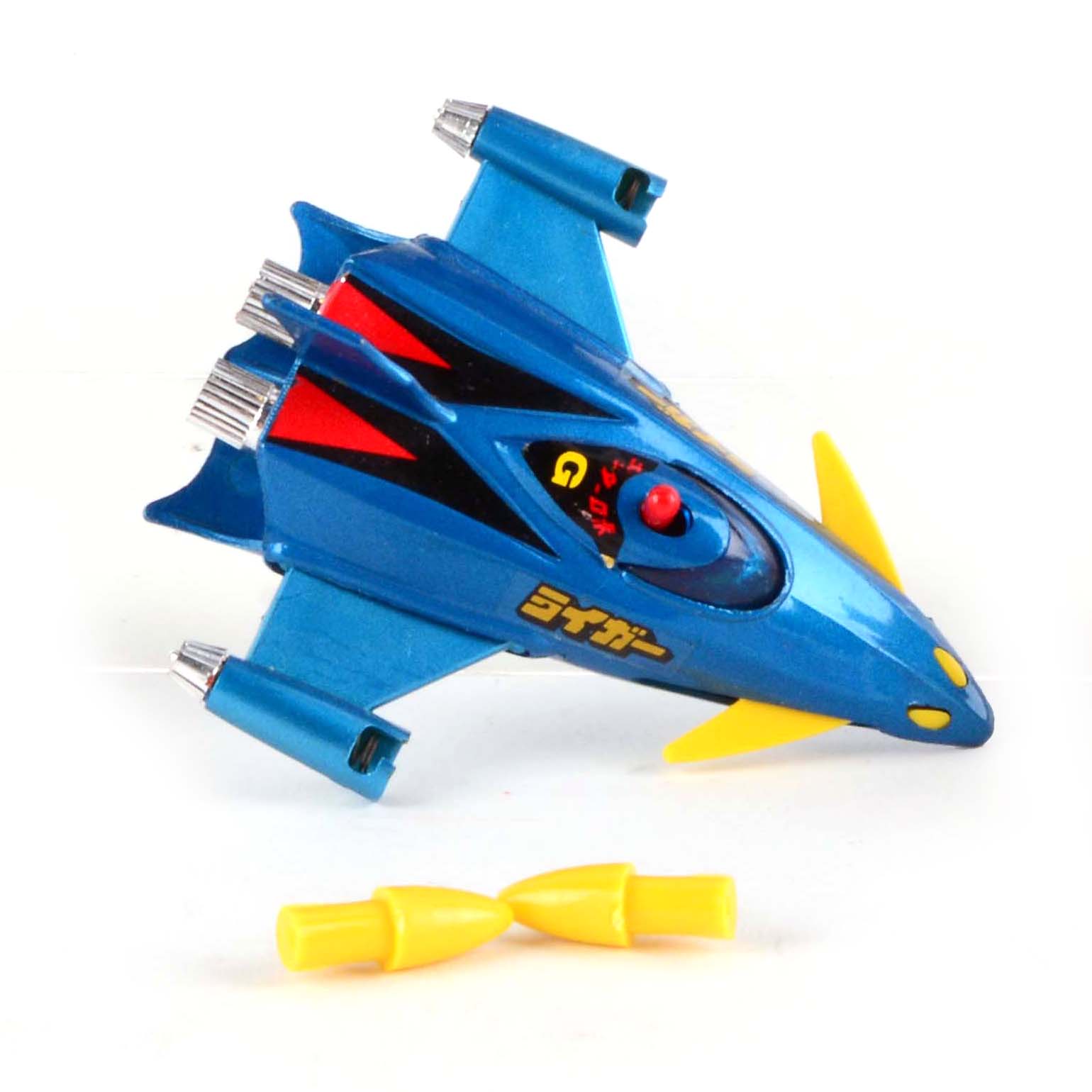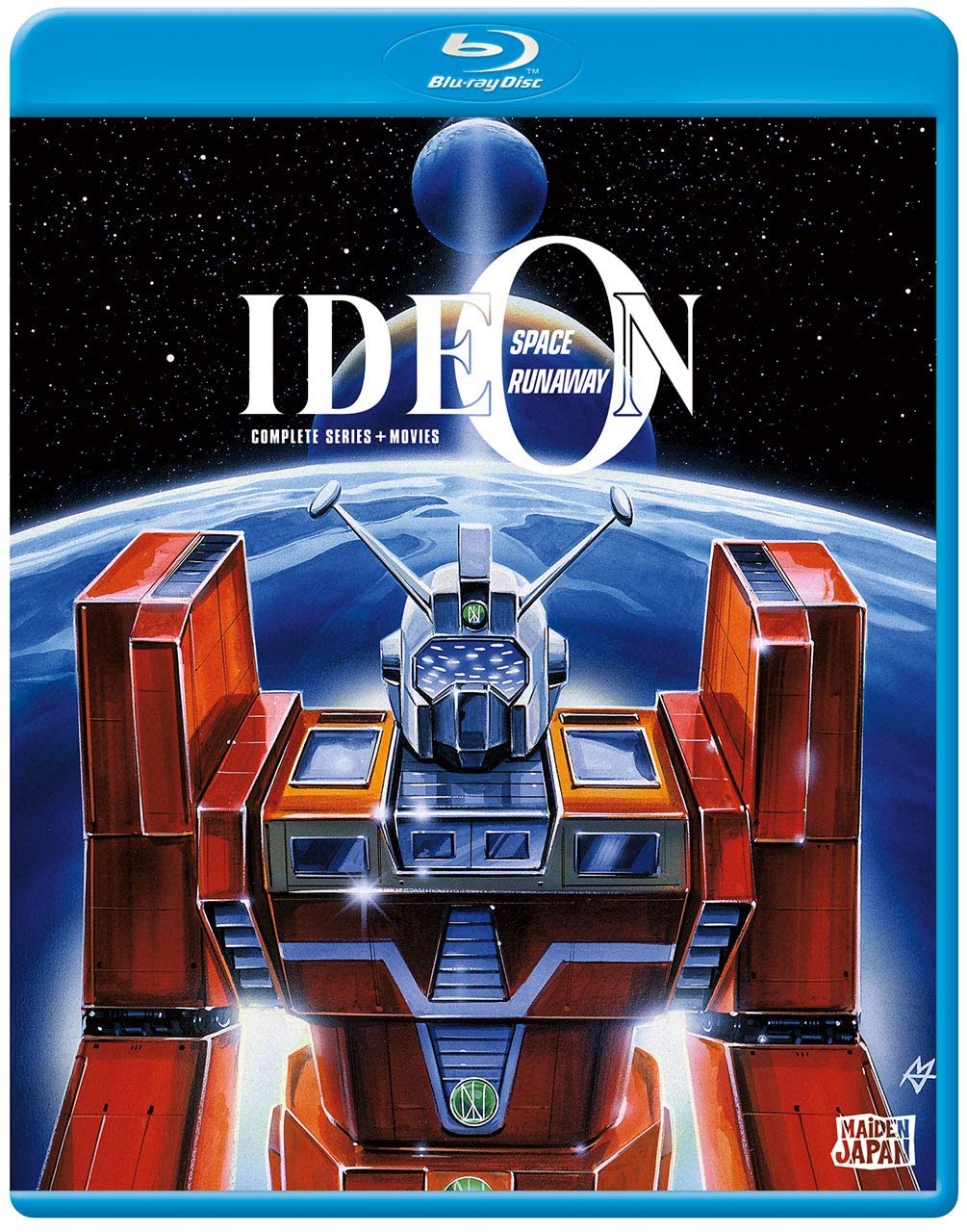

In 1991 he introduced a series of video game music concerts, five in all, called the Orchestral Game Concerts, which were performed by the Tokyo City Philharmonic Orchestra and Tokyo Symphony Orchestra.

Sugiyama continued to compose for video games from 1987 to 1990. The "Family Classic Concerts" have done exceptionally well with audiences every time since then, Sugiyama has held over eighteen of them all across Japan. "Dragon Quest I Symphonic Suite" and " Dragon Quest II Symphonic Suite" were performed. It was performed by the Tokyo String Music Combination Playing Group on Augat Suntory Hall, Tokyo, Japan. "Family Classic Concert" was arranged and conducted by Sugiyama himself. In 1987, he composed for Dragon Quest II: Luminaries of the Legendary Line, and then held the very first video game music concert in the world. In 1986, the CD " Dragon Quest I Symphonic Suite" was released, utilizing the London Philharmonic Orchestra to interpret Sugiyama's melodies. Sugiyama is the very first video game composer to record his video game music with a live orchestra. That game became something like an orchestral introduction to younger people in Japan.

In 1986 he composed for the hit RPG video game Dragon Quest for the Nintendo Entertainment System. Sugiyama started composing with a smaller Japanese home computer called the "PC-8801", and was working for Enix (now known as Square Enix). The series main theme, the Overture, was broadcast before hundreds of millions of viewers worldwide as the majority of the song started the opening ceremony's parade of nations, with the final bars of Overture playing at the parade's conclusion when the Olympic motto was projected on the field. Sugiyama's music was immortalized on Friday, July 23rd 2021 during the first day of the 2020 Tokyo Olympic games. Because of the incredible length of his career, Suigyama's accomplishments have been officially recognized by the Guinness World record association as the longest lived composer of video game music. Sugiyama worked on the Dragon Quest series for an incredible 35 years, composing over 500 tracks for the games.
SPACE RUNAWAY IDEON WIKI TV
En el año 1994, Megumi Ogata ganó el Seiyū, el personaje masculino ( Kurama) y el personaje femenino ( Haruka Tenoh).Kōichi Sugiyama ( すぎやま こういち, Sugiyama Kō'ichi) (his birth name is 椙山 浩一, which is pronounced the same) (born Apdied Septem) was the lead composer of the Dragon Quest series, with other works done for Japanese TV shows, such as Space Runaway Ideon, Cyborg 009 and Gatchaman. Megumi Hayashibara ganó 12 veces y Akira Kamiya ganó 11 veces. Martian Successor Nadesico: Prince of Darkness The Beginning and the End, or "Knockin' on Heaven's Door" The Road to Victory: The Tomorrow that the Believing Heart Opens! The Sailor Warriors Die! The Tragic Final Battleĭeath of Uranus and Neptune!? Talismans Appear Martian Successor Nadesico: The Prince of DarknessĪs Long as this Love Lasts! Ikkoku-kan is Forever.!!įerocity of the Saiyans! Kami-sama and Piccolo Both Die! Los fanes de la revista deciden mediante votación a los ganadores de cada premio. El Anime Grand Prix empezó en el año 1979 y el premio fue anunciado en la edición de enero del 1980. Junio de 2003: vigésimo quinto aniversario.Įl Anime Grand Prix es un premio anual que entrega la revista a las series de anime más notables de cada año y es decidida por los lectores de la revista.Junio de 1998: 20° aniversario, se cambia de nombre la revista.Enero de 1980: primer Annual Anime Grand Prix.Su mayor logro fue la publicación del manga y anime Nausicaä del Valle del Viento, el cual fue publicado en la revista entre febrero de 1982, y marzo de 1994. Animage ( アニメージュ, '' Animage'' ?) es una revista sobre anime y manga que es publicada por la empresa Tokuma Shoten.


 0 kommentar(er)
0 kommentar(er)
